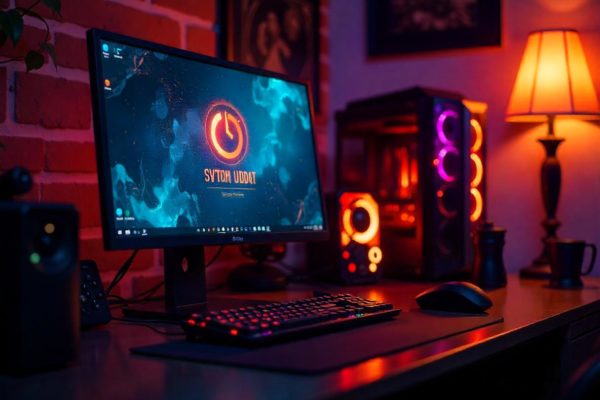
What is a Stablecoin?
In the inherently volatile world of cryptocurrency, stability becomes a necessity—especially during periods of market uncertainty. This is where stablecoins…

In the inherently volatile world of cryptocurrency, stability becomes a necessity—especially during periods of market uncertainty. This is where stablecoins…

If you have been following the cryptocurrency market since late 2024, you may have come across a leading narrative centered…

We all aspire to an economic utopia where everyone on Earth has easy access to financial products and services to…

It’s no longer news that the world has gone largely digital and identity management has become a critical concern. As…

Although I have never been a victim of a crypto scam or wallet drain, I’ve read countless stories of investors…

Given the early rave around cryptocurrencies, and by extension, blockchain technology, one would have expected massive disruptions in several industries….

You may be surprised to know that the largest criminal enterprise in the world is not drug trafficking, illegal mining,…

What’s the first thought that crosses your mind when NFTs are mentioned; JPEG images of an ape or punk that…

In March 2021, the media went agog over the news that a JPG image had been sold for a whopping…

Following the inaugural Medium post on its TechTalk series, the DECENOMY dev team has released a second article that further…